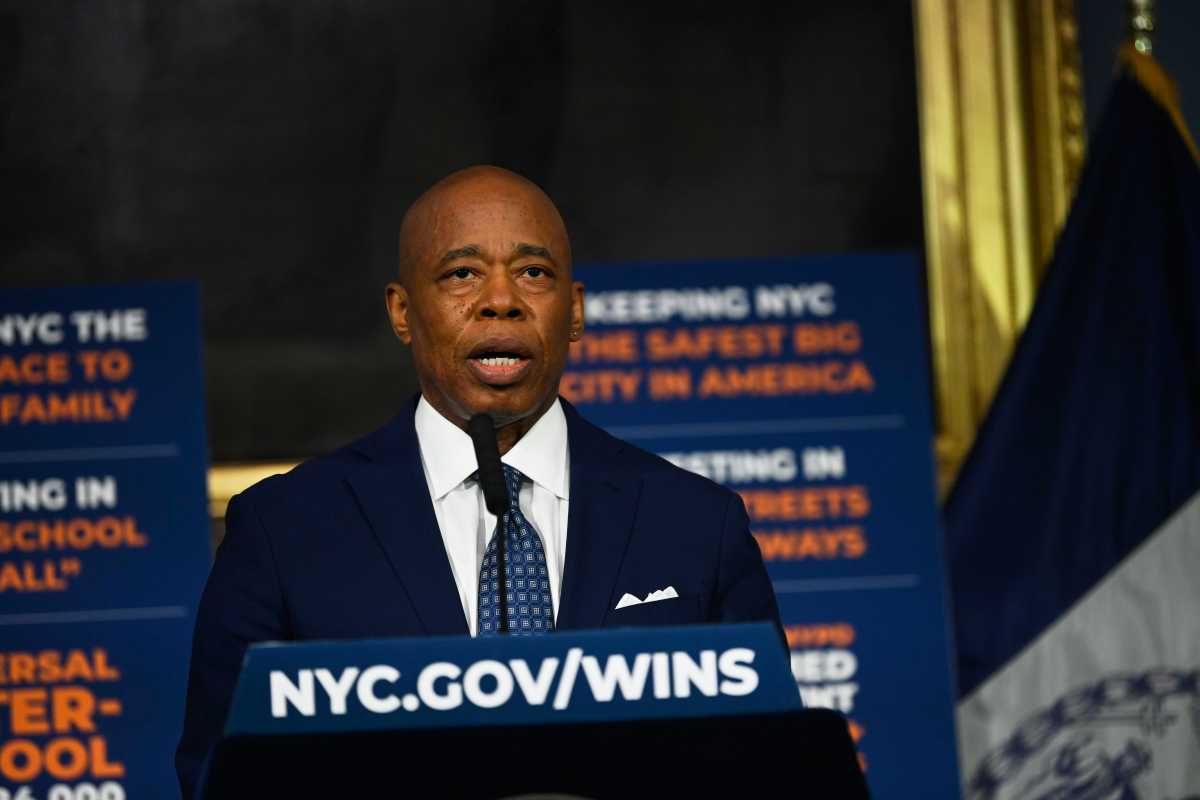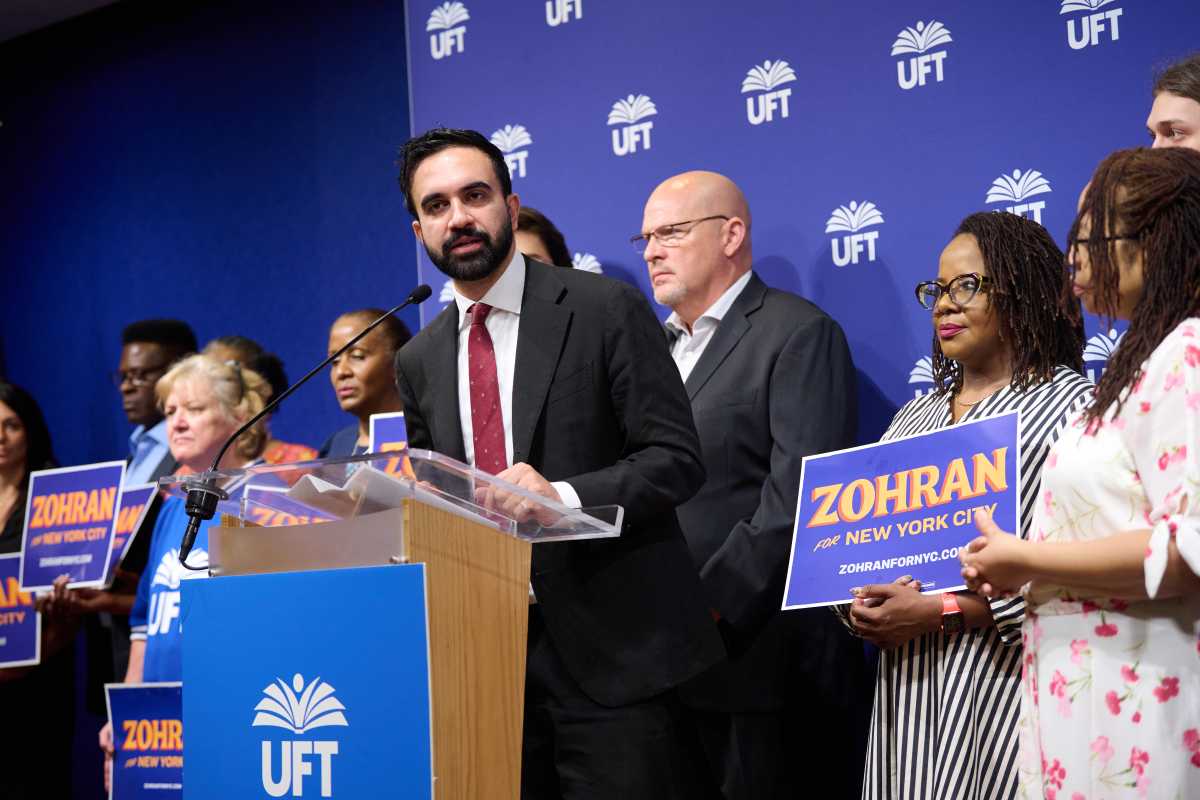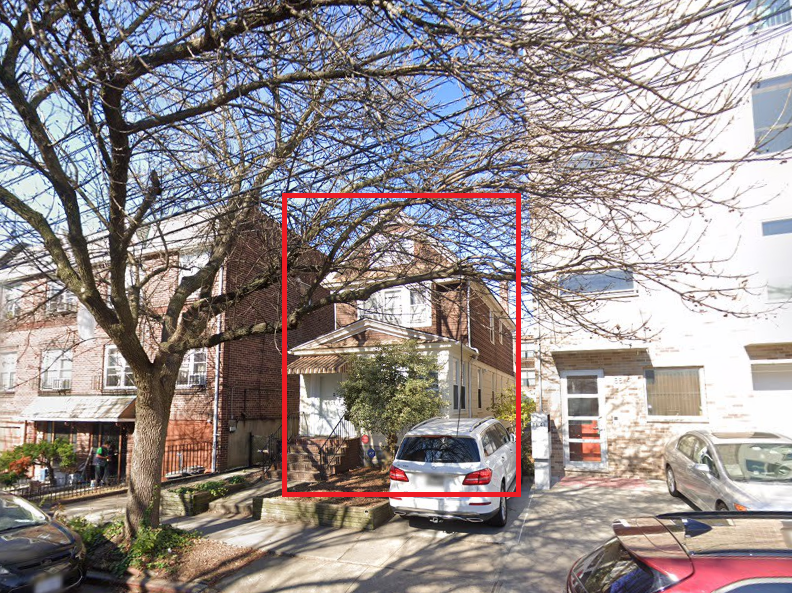By Larry Penner
“Ferry not due till ’17” (Oct. 30) is disappointing news for a lot of New Yorkers. The ferry program is funded out of Mayor Bill de Blasio’s ongoing $55 million program to support the creation of new ferry services around the five boroughs. And while many Staten Island residents feel they are the forgotten borough when it comes to transportation improvements and options, some Rockaway residents feel they are the forgotten Queens community when it comes to the same.
Our waterways continue to be an underutilized natural asset which can offer significant transportation alternatives. New ferry services can be implemented far more quickly than construction of new subways, commuter rail lines or highways.
Several thousand riders on a daily basis utilize the East River ferry connecting various waterfront locations including Long Island City, East 34th Street, Greenpoint, Williamsburg, Brooklyn Bridge Park, Wall Street and Governors Island. Over the next four years under Mayor de Blasio’s proposal, ferry service could expand to serve Soundview in the Bronx; Astoria, Long Island City and Rockaway in Queens; East 90th Street, East 62nd Street, East 23rd Street and Grand Street in Manhattan; and Fulton Street Landing, Atlantic Avenue Pier 6, Brooklyn Army Terminal and Bay Ridge in Brooklyn. Rockaway residents would benefit from proposed new service which could connect with stops at 34th Street and Wall Street.
Numerous past private ferry operators have come and gone. They could not survive based upon farebox revenue alone without some sort of government subsidy. New York City can apply for state and federal capital grants to assist in funding. New York state also provides operating assistance for transportation systems.
All of these proposed ferry services will require similar subsidies. Mayor de Blasio’s proposal for a fare structure of $2.75 per ride to match that of NYC Transit buses and subways will require a significant operating subsidy.
Thousands of NYC residents elect to pay $6.50 for express bus service. It might make more sense for new ferry services to charge a fare at some price between $6.50 and $2.75. Riders could purchase weekly or monthly passes for discounted fares. These could be supplemented by using TransitCheks.
Who would not want to enjoy the fresh air and breeze that only waterborne transportation can provide?
Larry Penner
Great Neck




































